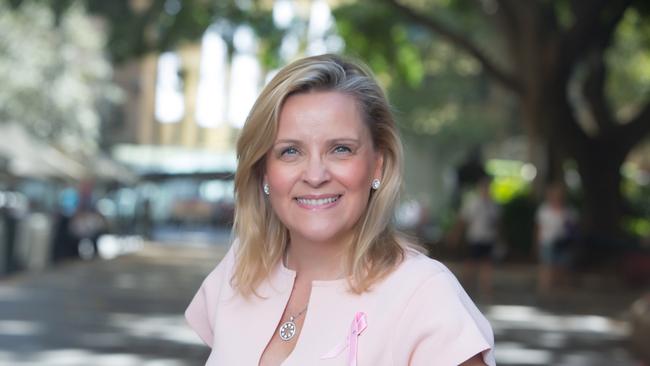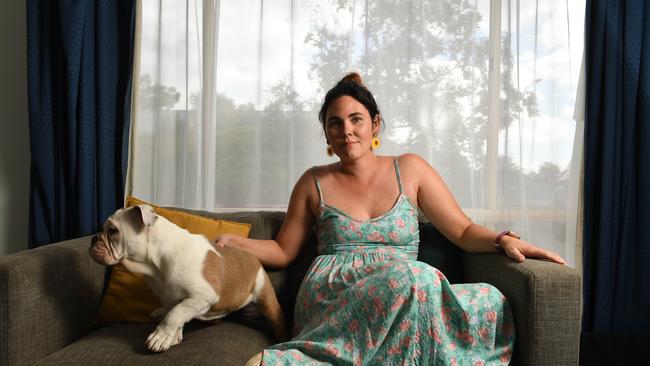COVID delays cure for breast cancer
COVID-19 has delivered a devastating blow to breast cancer researchers, setting back the race for a cure by years.
National
Don't miss out on the headlines from National. Followed categories will be added to My News.
COVID-19 has delivered a devastating blow to breast cancer researchers, setting back the race for a cure by years.
The pandemic closed science labs, delayed clinical trials, saw breast screen numbers plummet and significantly reduced charitable funding.
A new survey by the National Breast Cancer Foundation (NBCF) found nine in 10 researchers anticipate their study programs will take over 12 months to recover.
University of Sydney researcher Professor Nehmat Houssami, whose pilot trial of 3D mammography was found to detect 30 per cent more breast cancers, cannot carry out the next stage of testing due to COVID.
She is waiting for breast screening services to catch up on the 30 per cent decline in checks that happened because of the virus.
“The reality is at least for the next two or three years breast cancer research may not seem as much of a priority for funding as for example research related to pandemic control,” Prof Nehmat said.

NCBF chief executive Sarah Hosking said with less people presenting for breast screening last year, patients would be diagnosed with later stage cancer.
“And that puts a different strain on the clinical situation and also on the research situation in terms of what can be achieved,” she said.
There were also charitable donation cancellations, the average gift per donation went down greatly, while major fund raising dinners and fun runs had to be cancelled because of COVID.
NBCF needs $100 million over the next nine years to achieve its goal of Zero Deaths from breast cancer by 2030.
In recent decades, the foundation has invested about $183 million in 572 projects that helped improve the five year survival rate from the cancer from 76 per cent to 91 per cent.
Currently it is funding research into an anti-tumour vaccine to try to improve the body’s own immune response against the cancer.
It is working to get the capability to use artificial intelligence to detect cancer in mammograms and eventually determine which are more likely to be pathogenic.
A team in South Australia is also studying which type of patients are not meeting the five year survival goal and is trying to find new genes implicated in breast cancer.

Mother of three Amy Parkes was diagnosed with breast cancer in 2019 but her treatment was complicated by COVID.
The 33 year old switched from seeing her psychologist in person to telehealth appointments.
And COVID rules meant when she went to hospital for surgery she could not have her husband with her in the waiting room.
“It was a bit scary, you know, going in and facing something by yourself and not have anyone to talk to,” she said.
After coming home from the operation, she had to homeschool her children because she was immunocompromised and could not risk them bringing the virus home from school.
Promise to vaccinate 4 million against COVID “patently unachievable”




